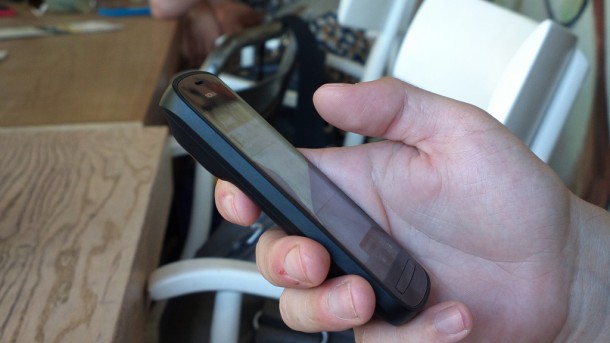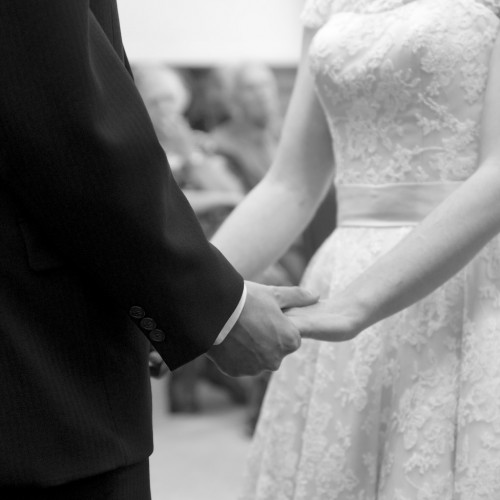You don’t have to look far on a university campus before you catch someone rapidly swiping from left to right on their mobile phone screen: tindering to their heart’s content. In its first year, more than 1.2 billion swipes were made on Tinder by its users and around 15 million matches are made daily.
The birth of dating apps and websites such as Tinder is changing our dating behaviour and relationships. Long gone are the days of letter writing and romantic gestures; the only person to have ever bought me flowers is my Gran. Can traditional courtship survive the Tinder revolution?
A significant 50% of Tinder users fall into the 18-24 age bracket. What does this demographic have to say on the fad of Tinder dating?
Would you ever use Tinder?
Jeston D’Costa, aged nineteen, student at the University of Strathclyde, Glasgow says: ‘I feel like tinder is known for meeting people just for sex and I’m not interested in that.’
Melissa Mckenzie, aged nineteen, also a student at the University of Strathclyde, says: ‘Probably not, unless it was just for the fun of it.’
Do you think Tinder has changed dating behaviour?
Thomas McGrade, aged eighteen, student at the University of Cambridge: ‘Tinder has made dating more shallow. Dating nowadays is a lot more casual and less serious but also less intimidating and more discreet. I think Tinder is good for hook ups but bad for deep, emotional relationships.’
Melissa McKenzie: ‘Yes Definitely! I think they have lowered people’s standards of dating… people think that chatting to a random person for a couple of days is a good reason to meet up usually just to hook up with them.’
With Tinder being a hugely dominant mechanism for finding dates today, this mind-set that it is ‘just for the fun of it’, for sex and random ‘hook ups’ suggests that today’s youth are no longer interested in conventional dating but more so in casual hook ups.
However it seems there are still some romantics out there. Despite its rather promiscuous reputation, Tinder is also used by many to find something more meaningful.
Chris Coates, aged nineteen, student at the University of Strathclyde, roots for Tinder as a means of finding a meaningful relationship, after having done so himself: ‘As soon as I “matched” and begun talking to my future girlfriend I deleted the app and we conversed over text and Facebook. We’ve been going out for two months now and we are going on holiday at New Year and everything is great.’
Over two years after its birth, Tinder now has many success stories of genuine relationships being formed after swiping right, with some users even going on to get married. Moreover, it is potentially merely the mind-set of Tinder users which leads to such meaningless affairs, not the app itself. If a Tinder user approaches the app with the mind-set of finding something meaningful, it is evidently possible that a real relationship can be established.
So if you’re willing to buy your Tinder date chocolates and flowers, you may find the romance you’re looking for. However there is no doubt that dating today has been revolutionised by dating apps and websites, mainly due to a lack of interest in good old chivalry.



